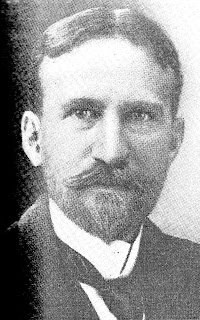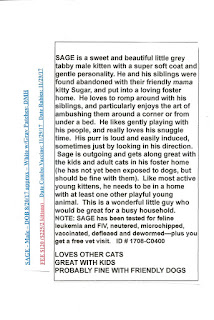The political response to school shootings is always the same.
1) Republicans say, "Our thoughts and prayers go out to the victims and their families."
2) Democrats call for "stricter measures to keep guns out of the wrong hands."
3) Republicans say, "This is not the time to talk about gun control. This is the time to remember the victims."
4) Democrats continue to call for "common sense gun control."
5) Republicans say, "The only answer to a bad guy with a gun is a good guy with a gun."
End of debate until the next time, and the next time, and the next time...
I used to have a concealed carry permit, not because I felt the need to carry a gun, but because I knew someone who did and thought it would be fun. I had been around guns all my life, and had kept one in my car as a teenager, but it never occurred to me to regularly carry one on my person until I talked with that friend. After completing a minimal permit training course, I started out by carrying a .357 magnum that I kept in a special belly pack that was designed for quick access. When the gun's size and weight became burdensome, I switched to a .38 special. When it too became unpleasant to carry, I gave up carrying a gun. The fun part about carrying a concealed weapon was that it was my secret, and that it made me feel powerful. The not fun part was the gun's weight, and the fact that carrying it focused my thoughts upon the possibility of violence, which made my world seem more dangerous than it really was.
I'm cautious and orderly to the point that I lack spontaneity, yet during the short time that I carried a gun, I unknowingly let a .22 caliber bullet roll into the burner on my kitchen stove. When I lit the stove, the bullet exploded and hit Peggy in the stomach, but no damage was done (a bullet that explodes in a stove doesn't have the force of a bullet that comes out of a gun because the slug goes one way and the cartridge casing the other), the incident alerted me to the fact that even careful people have accidents. A few weeks later, I took my gun to a dinner party, took off my belly pack, and didn't even know I had left it there until the people called me at home. When they asked why I had taken a gun to their party, I didn't know what to say, so I said that if I had left it at home--or in my car--someone might have stolen it. As I look back upon the incident, I realize that carrying a gun was like having a new toy, and that I was experimenting with whether I wanted to do it full-time. My conclusion was that walking around with a gun is a lethal version of walking around with a fire extinguisher in that while it might come in handy, it's probably not worth the risk and aggravation.
I share these stories to show that guns are inherently dangerous (the nearby Portland, Oregon, police chief accidentally shot a friend as did Vice-President Dick Cheney). President Trump echoed the NRA recently by proposing that "qualified teachers" carry guns to school. I can think of so many obvious objections to his proposal that I regard it as being like much of what Trump says, i.e. blindingly stupid. For instance:
(1) There is NO evidence to suggest that armed teachers could protect children while there IS evidence to suggest that they couldn't.* (2) Trump gave no clue as to whom would pay for the extensive and ongoing training that would be required to make teachers safe and proficient with firearms, and no evidence to indicate that teachers would have the time and inclination to take such training. (3) A school shooter could arm himself by assaulting a teacher and taking his or her gun. (4) If cops are capable of snapping and murdering people due to job stress, teachers probably are too. (5) A gun-toting teacher might find it harder to instill in students the value of peaceable solutions than would other teachers. (6) Teaching is enough work without the added responsibility of being perpetually prepared to shoot one's students. (7) Arming teachers would imbue in children the belief that they are always and everywhere in danger. (8) Just as I accidentally left a gun at someone's house, a teacher might accidentally leave a gun in a classroom or bathroom. (9) Guns can go off accidentally. (10) When we take extreme measures to feel safe, we increase our belief that we are unsafe. (11) There is no evidence to suggest that giving more guns to more people would make us safer, while the scarcity of gun deaths in countries with few guns would seem to prove otherwise. (12) A society in which people need to carry guns to protect themselves and others is by definition a society that has failed to insure the safety of its citizens, and this implies that the work we must do is societal rather than individual.
I'll just add one more thing. The NRA insists that being able to own and carry guns is both a human right and a Constitutional right under the Second Amendment. The former is not evident to anyone outside the NRA, but neither is the latter. The Second Amendment reads as follows: "A well regulated Militia, being necessary to the security of a free State, the right of the people to keep and bear Arms, shall not be infringed." How the NRA makes the leap from that to AR15s is a mystery to me, but if AR15s are legally allowable, then why not .50 cal machine guns or even grenade launchers? I don't think this is what the founding fathers had in mind, yet if the Constitution really does justify something that, instead of promoting the common good, harms the public good, then it's time to change the Constitution because the way the NRA would have us live is insane.
*https://www.youtube.com/watch?time_continue=181&v=8QjZY3WiO9s



















